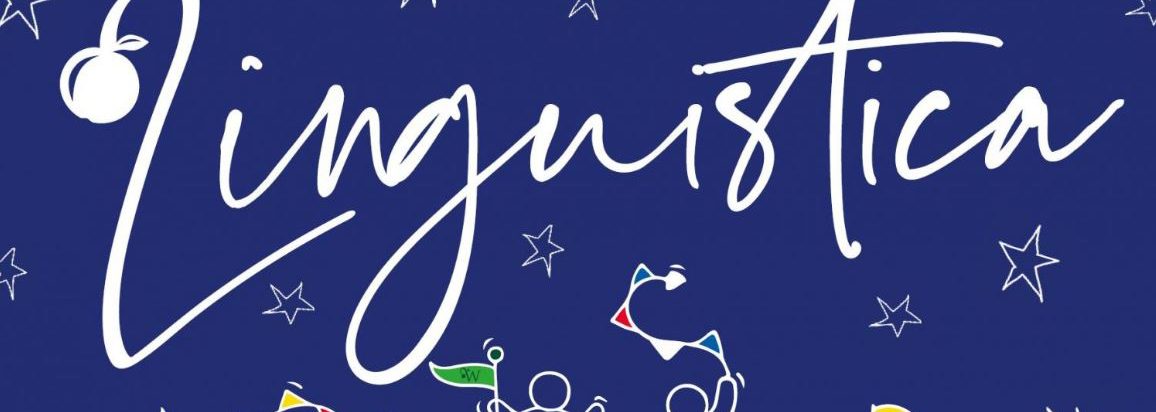What are universal words and how do they come to exist?
Amber, Year 13, explains how words become shared across different languages.
Universal words can be words that exist in multiple languages that look the same or similar, whether or not they are in the same language families, or they can be words that are recognised to have the same meaning, despite not being part of a distinct language.
Similarities amongst language families
In languages, there are different language families that encompass many different languages. For example, romance languages, Germanic and Uralic are just some of the languages families that exist (these primarily exist in Europe). The languages within these families often have some words that are shared or similar. For instance, the romance languages, which are Italian, French, Spanish, Portuguese and Romanian, all have very similar words for the word bread.
| Language | Italian | French | Spanish | Portuguese | Romanian |
| Word for bread | pane | pain | pan | pão | pâine |
This trend continues for many other language families too, and this similarity of words can be due to several reasons that aren’t just limited to languages belonging to the same family.

Geographical proximity and history
It could be due to the proximity of the countries where that language is spoken, which, over time, has led to a blend of cultures, including food, religion, clothes and even language or words. Furthermore, that blend of cultures could occur not only because of proximity but also history. A few countries may have been oppressed by the same power, and forced together; or, the repression of their native languages could create a new language or common words that merge the pre-existing languages. Also, if one country invades another, it will leave behind parts of its culture, which in many cases is language. For example, when the French (and British) were exploring North America, the French declared modern-day Canada as New France in 1534. Although they ceded their land to the British after the seven years’ war in 1763, they still left large parts of their culture that remain today. For example Quebec French is similar to French so it shares some words with other romance languages, but some are slightly different.
Organic origins
Some words are similar in multiple languages because of the sounds and movements the mouth makes when we speak. For example, the word or variations of the word “mother”. As a child, this is one of the most common first words, as all you have to do is make a sound with your mouth closed to make the sound “ma”. This could be a reason why it is similar in many languages, that aren’t even related to each other. This is why in most cultures, there is a universal association with the “m” sound as mothering, from Mandarin to Zulu.
Words that aren’t words?
There are some “words” or sounds that are seen as universal, and yet, they aren’t actually words. The best example of this is the phrase “huh” which can be used in conversation to express confusion. In many languages, they have a variation of this sound but they are mostly indicated by a rise in pitch portraying misunderstanding.
Colloquial and greeting phrases
The word “okay” has become increasingly universal, and in the 10 most widely spoken languages, it is: ōukēi, okey, ok, oke, ukey, ok, oke okéj, ōkē and oke. There is a similar phenomenon with the word hello, with in the 10 most spoken languages it being wèi, aló, hello, halo, ʾāllo, alô, halo, alló, móshimóshi and halo.
Globalisation
Globalisation is the theory that cultures and businesses spread their influence across the world. Some universal words are brand names which have made their way into people’s vocabulary, including the word “Velcro”, which although meaning a hook and loop fastener, is a brand which has become universally prevalent. Globalisation has also led to the spread of loanwords, which are words from different languages that are slightly changed. Examples of this include the words coffee, taxi, and telephone, which are phonetically (sounds) or orthographically (spelling) similar in over 20 languages, from Vietnamese to Croatian.

The same origins
In particular, the word coffee derives in most languages from Arabic which is pronounced qahwa. Similarly, the word for tea nearly always comes from the Chinese “茶”, pronounced “tê” in Min Nan and “chá” in Mandarin.

Universal words are a key aspect of linguistics to understand in terms of changing languages. They can indicate the social changes of a time, including their history and the extent of globalisation, which is interesting to look at in regard to the global political context.

